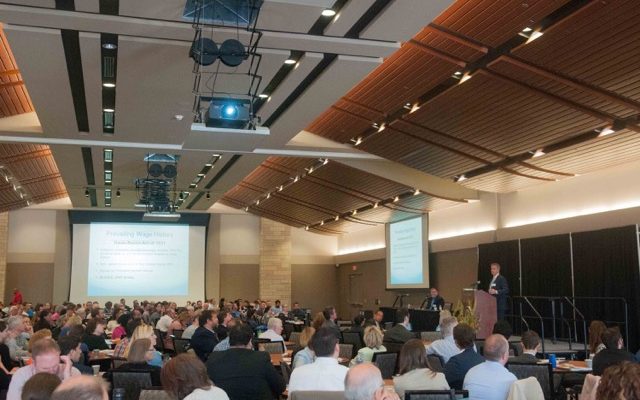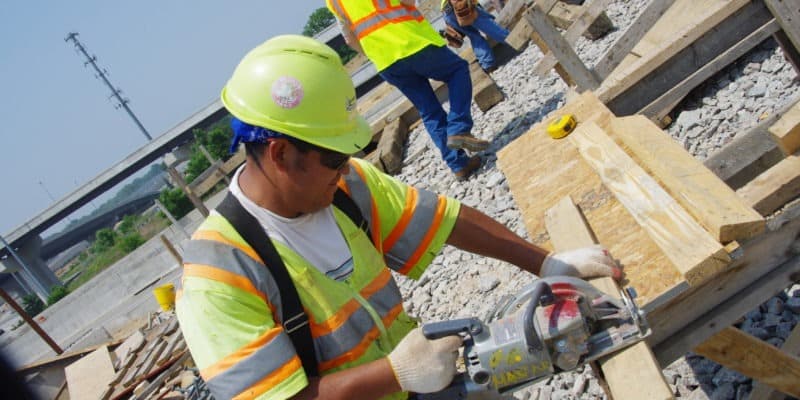Written By: Tess Williams
Jul 16th 2019 – 12pm
Gov. Tim Walz signed a new law that invested $3.1 million to the Department of Labor and Industry to enforce wage and hour laws. The new law is designed to protect workers from exploitative employers who do not pay them for their work. The legislation adds criminal penalties for employers.
In turn, the attorney general formed a Wage Theft Unit to enforce the new law and litigate the cases. A press release from Attorney General Keith Ellison said wage theft includes “having hours shaved off your paycheck; being forced to work off the clock; not getting paid for overtime; being paid at a lower rate than promised, sometimes even below minimum wage; being paid in cash or other forms like gift cards, with no Social Security, unemployment or worker’s comp withheld; being misclassified as an independent contractor and more.”
Assistant Attorney General Jonathan Moler and investigator Ana Vergara will staff the unit. Any Minnesotan who has experienced wage theft can contact the attorney general’s office at 651-296-3353 or attorney.general@ag.state.mn.us.












